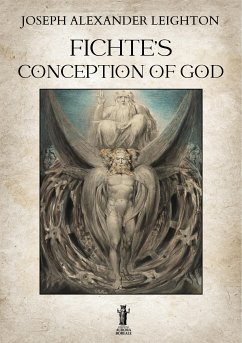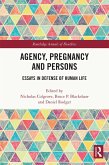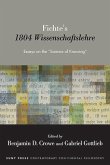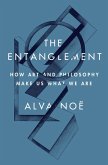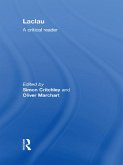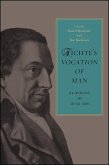Johann Gottlieb Fichte (1762-1814) was a German philosopher who became a founding figure of the philosophical movement known as German idealism, which developed from the theoretical and ethical writings of Immanuel Kant. Recently, philosophers and scholars have begun to appreciate Fichte as an important philosopher in his own right due to his original insights into the nature of self-consciousness or self-awareness. Fichte was also the originator of the concept of thesis-antithesis-synthesis, an idea that is often erroneously attributed to Georg Wilhelm Friedrich Hegel. Like Descartes and Kant before him, Fichte was motivated by the problem of subjectivity and consciousness. He also wrote some works of political philosophy that contributed to his reputation as one of the fathers of German nationalism.
Joseph Alexander Leighton (1870-1954), American theologian and philosopher, professor of Philosophy at Ohio State University, was one of the greatest scholars of Fichte's thought. In 1895 he published in
The Philosophical Review the short essay
Fichte's Conception of God, which we propose to our readers today.
Dieser Download kann aus rechtlichen Gründen nur mit Rechnungsadresse in A, B, BG, CY, CZ, D, DK, EW, E, FIN, F, GR, HR, H, IRL, I, LT, L, LR, M, NL, PL, P, R, S, SLO, SK ausgeliefert werden.

